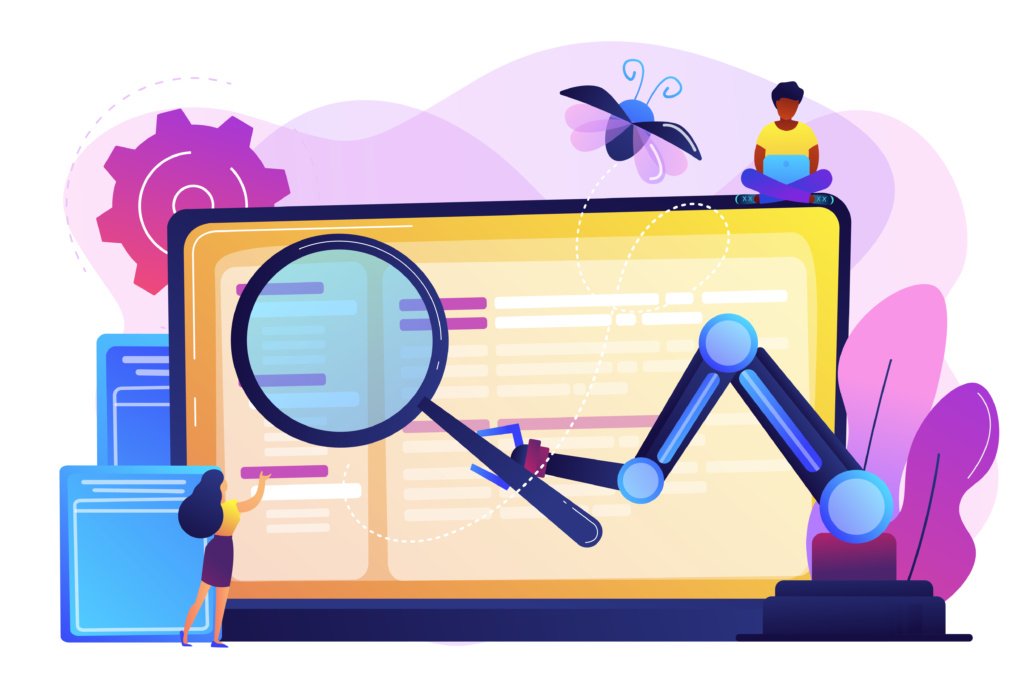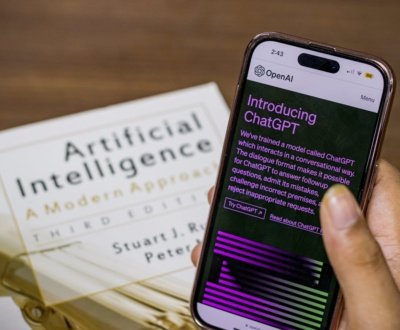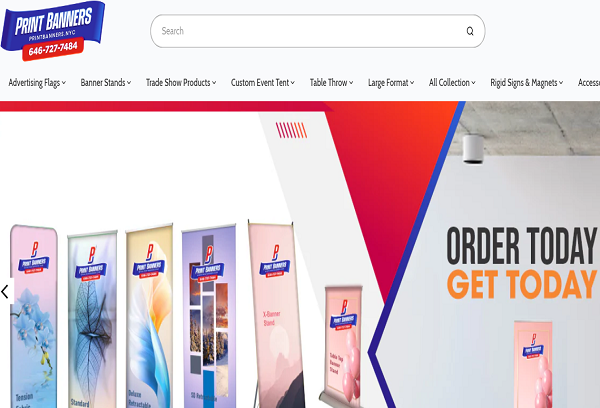From Traditional to AI-Driven: How SEO Is Changing
- November 25, 2025
- SEO
Search is going through its biggest transformation in decades. Traditionally, SEO focused on helping websites rank higher in Google’s search results. But now, with the rise of AI-driven search experiences like Google’s AI Overviews, ChatGPT, and Perplexity, users are getting quick, conversational answers — often without clicking through to a website.
This shift introduces a new layer of optimization: ensuring your content is visible, understood, and cited within AI-generated answers. Traditional SEO still matters, but AI SEO determines whether your expertise is recognized inside these new search experiences.
Below, we break down how traditional SEO and AI SEO work together, what sets them apart, and how you can adapt your strategy in an AI-first search world.
What Is AI SEO and Why It Matters
AI SEO refers to optimizing content so AI-powered search tools — like ChatGPT, Perplexity, and Google’s AI Overviews — can discover it, interpret it, and cite it.
Some in the industry also call this Generative Engine Optimization (GEO) or Answer Engine Optimization (AEO). Regardless of the name, the goal is the same: Make your content readable, trustworthy, and usable by AI systems. Traditional SEO helps your site rank. AI SEO helps your expertise appear inside AI-generated summaries. Both are essential for visibility in today’s blended search landscape.
How AI-Driven Search Tools Interpret Your Content
AI systems crawl websites much like Google does — but instead of ranking pages, they read, interpret, and merge information to form cohesive answers. Here’s how they evaluate what to include:
1. Understanding Meaning, Not Just Keywords
AI models analyze:
- Context
- Intent
- Entity relationships
This helps them understand the “story” behind your content, not just the keywords.
2. Evaluating Authority & Trust
AI looks for credibility signals:
- Clear authorship
- Source citations
- Consistent E-E-A-T signals
- Structured data
3. Prioritizing First-Party Data and Real Reviews
Original insights, surveys, and verified customer feedback help AI verify authenticity.
4. Extracting Citable Snippets
AI prefers: Short, well-structured paragraphs, Bullet points and Direct answers. The easier it is to extract a clean sentence, the more likely it is to be cited. In short: AI SEO is about clarity, structure, accuracy, and authority.
Key AI SEO Optimization Strategies
AI SEO builds on traditional SEO — not replaces it. The fundamentals still matter, but new priorities have emerged.
1. Prioritize Clarity and Structure
Use:
- Clear headings
- Short paragraphs
- Logical progression
- Key takeaways up front
Think “featured snippet style.”
2. Write With Context, Not Just Keywords
Include:
- Full names
- Company names
- Product names
- Clear relationships
This helps AI map entities and understand relevance.
3. Strengthen E-E-A-T
Maintain:
- Updated author bios
- Credentials
- Expertise signals
- High-quality citations
AI depends on trust signals more than ever.
4. Add Schema Markup
Structured data helps AI interpret your content. Prioritize schema for:
- FAQs
- People
- Organizations
- Products/services
- Reviews
5. Monitor Your Brand in AI Tools
Search your brand and topics in:
- ChatGPT
- Perplexity
- Google’s AI Overviews
If your information is missing or inaccurate, update your content accordingly.
Traditional SEO Still Matters
Even in an AI-driven world, core SEO principles remain essential.
- Technical SEO: Fast, mobile-friendly, crawlable websites help AI and search engines access your content.
- Content Depth: In-depth, comprehensive content helps AI systems interpret context and relationships.
- Backlinks: Still one of the strongest signals of authority — for both Google and AI engines.
- User Engagement: Behavior metrics still influence perceived content quality.
- Topical Consistency: Internal linking and topic clusters reinforce subject expertise.
How to Get Started With AI SEO
Here’s a practical checklist to begin strengthening your AI visibility.
- Allow AI Crawlers: Make sure bots like GPTBot and ClaudeBot are not blocked in robots.txt.
- Add Helpful FAQ Sections: FAQs rank and get cited frequently in AI-generated results.
- Update Employee Profiles: Include credentials, expertise, and links to authored content.
- Implement Schema Markup: Work with your developer to add structured data to key pages.
AI is changing how people search and discover information — but it’s also creating new opportunities for brands that produce trustworthy, structured, and authoritative content.
By combining traditional SEO best practices with AI SEO strategies, you can ensure:
- Your expertise is recognized
- Your brand stays discoverable
- Your content remains part of AI-driven conversations
The future of search belongs to those who optimize for both humans and machines
As AI-driven search reshapes how brands are discovered online, partnering with a team that understands both traditional SEO and emerging AI optimization is essential. Earn SEO helps companies stay visible across search engines and generative platforms by delivering professional SEO strategies for New York businesses that strengthen authority, improve rankings, and enhance AI-driven visibility. If you’re ready to elevate your digital presence and stay competitive in this evolving search landscape, connect with Earn SEO today for tailored solutions that drive measurable growth.
Earn SEO was established in 2011 by Devendra Mishra, a highly educated professional with varied training and experience. Mr. Mishra is responsible for business development, attracting new Earn SEO partners, and interacting with clients, the media and press, and acting as Brand Ambassador.
Devendra Mishra
Founder






































